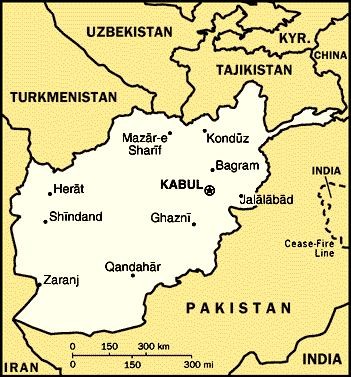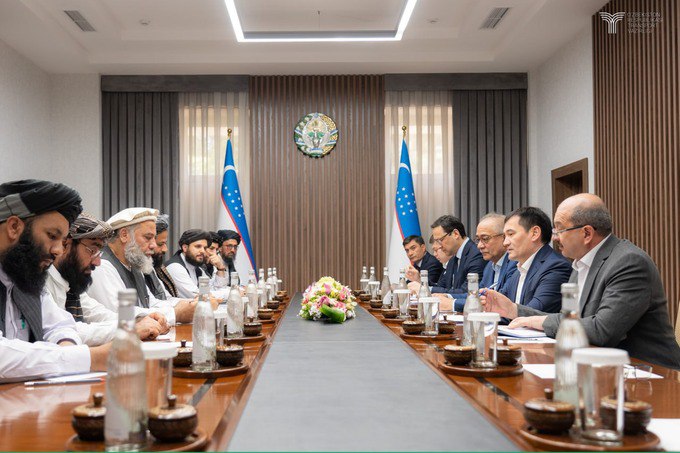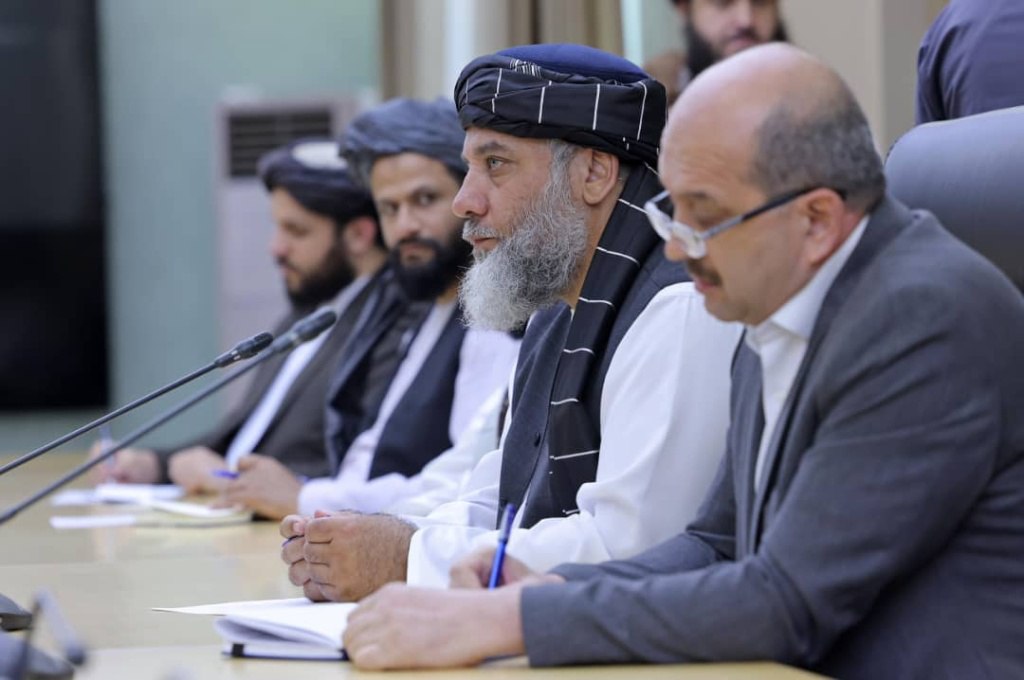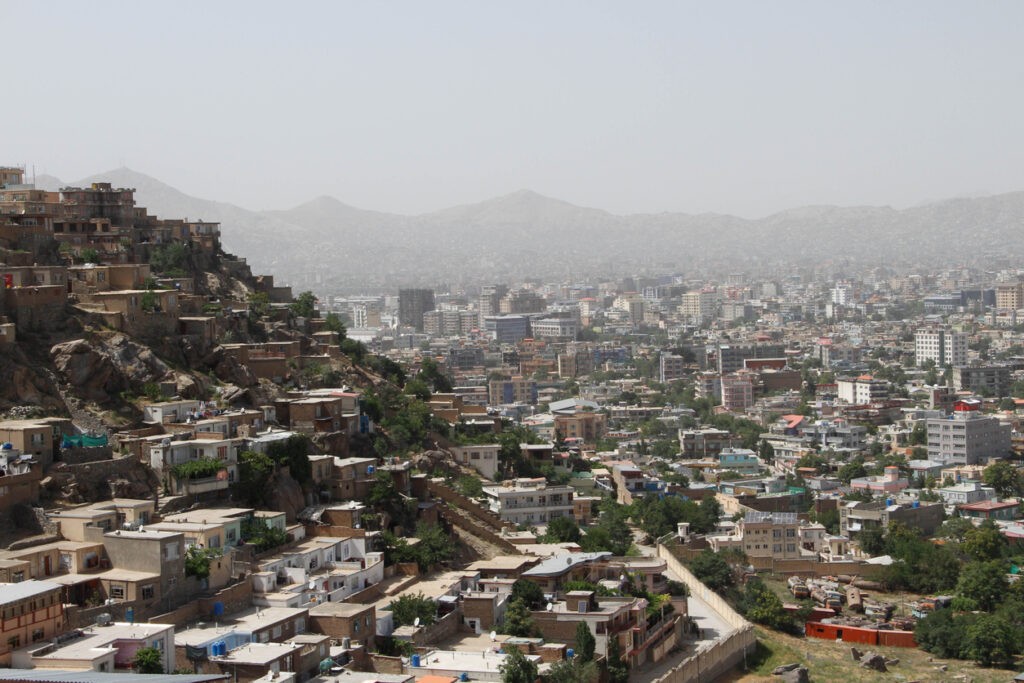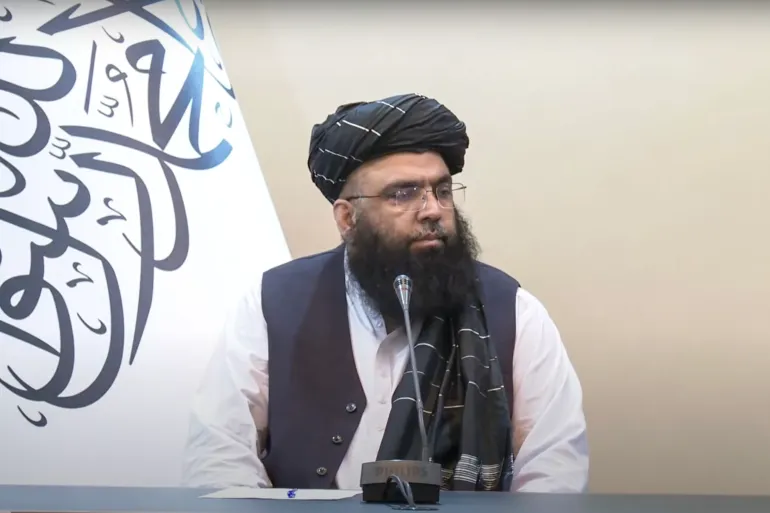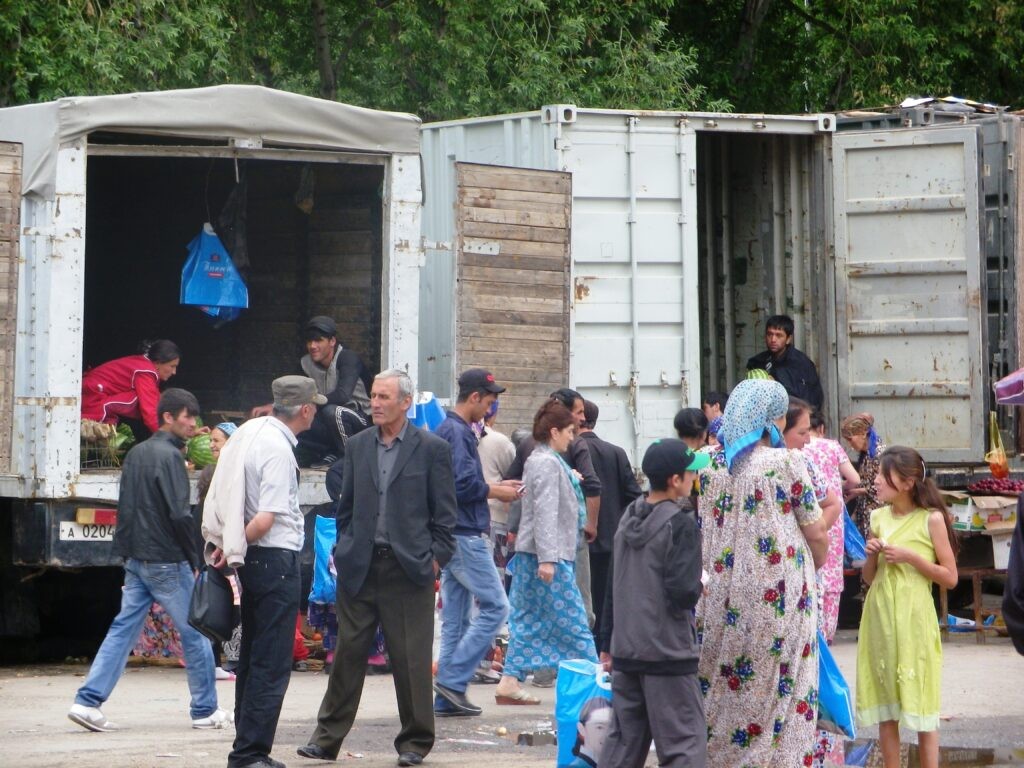KABUL (TCA) — The U.S.-led NATO mission in Afghanistan has stopped releasing data showing the number of Afghan districts and the percentage of their population controlled by the Kabul government compared to the Taliban, RFE/RL reported.
NATO’s military command in Kabul said that “they no longer saw decision-making value in these data,” a U.S. government watchdog agency that monitors the war effort in Afghanistan, now in its 18th year, said in a report to Congress on April 30.
In its report, the Special Inspector General for Afghanistan Reconstruction (SIGAR) quoted the U.S. military as saying in January there was “uncertainty” in the way the data were produced and that “the assessments that underlie them are to a degree subjective.”
SIGAR head John Sopko criticized what he called a trend toward less openness by the military authorities who are advising, training, and assisting Afghan security forces.
“This much is clear: There’s even less information for American taxpayers to gauge whether their investment in Afghanistan is a success, or something else,” Sopko told Reuters.
The Western-backed government in Kabul has been struggling to counter attacks from the Taliban and other militant groups since the withdrawal of most NATO combat troops in 2014.
A January report put districts under government control or influence at 53.8 percent, covering 63.5 percent of the population, with the rest of the country controlled or contested by the Taliban.
Over the past years, the U.S. military and Resolute Support, a NATO-led mission that provides training and assistance to security forces in Afghanistan, have restricted data on the Afghan war being shared with the public, including the size of the security forces, casualty numbers, and the attrition rate for the Afghan National Defense and Security Forces.
